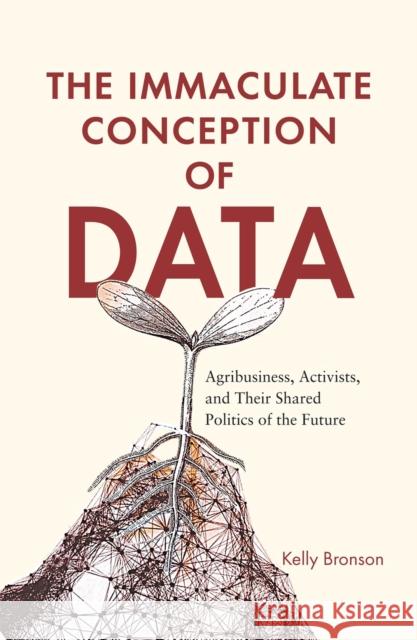The Immaculate Conception of Data: Agribusiness, Activists, and Their Shared Politics of the Future » książka
The Immaculate Conception of Data: Agribusiness, Activists, and Their Shared Politics of the Future
ISBN-13: 9780228011217 / Angielski / Twarda / 2022
The Immaculate Conception of Data: Agribusiness, Activists, and Their Shared Politics of the Future
ISBN-13: 9780228011217 / Angielski / Twarda / 2022
(netto: 485,11 VAT: 5%)
Najniższa cena z 30 dni: 503,14
ok. 22 dni roboczych.
Darmowa dostawa!
Every new tractor now contains built-in sensors that collect data and stream it to cloud-based infrastructure. Seed and chemical companies are using these data, and these agribusinesses are a form of big tech alongside firms like Google and Facebook. The Immaculate Conception of Data peeks behind the secretive legal agreements surrounding agricultural big data to trace how it is used and with what consequences. Agribusinesses are among the oldest oligopoly corporations in the world, and their concentration gives them an advantage over other food system actors. Kelly Bronson explores what happens when big data get caught up in pre-existing arrangements of power. Her richly ethnographic account details the work of corporate scientists, farmers using the data, and activist “hackers” building open-source data platforms. Actors working in private and public contexts have divergent views on whom new technology is for, how it should be developed, and what kinds of agriculture it should support. Surprisingly, despite their differences, these groups share a way of speaking about data and its value for the future. Bronson calls this the immaculate conception of data, arguing that this phenomenon is a dangerous framework for imagining big data and what it might do for society. Drawing our attention to agriculture as an important new site for big tech criticism, The Immaculate Conception of Data uniquely bridges science and technology studies, critical data studies, and food studies, bringing to light salient issues related to data justice and a sustainable food system.











